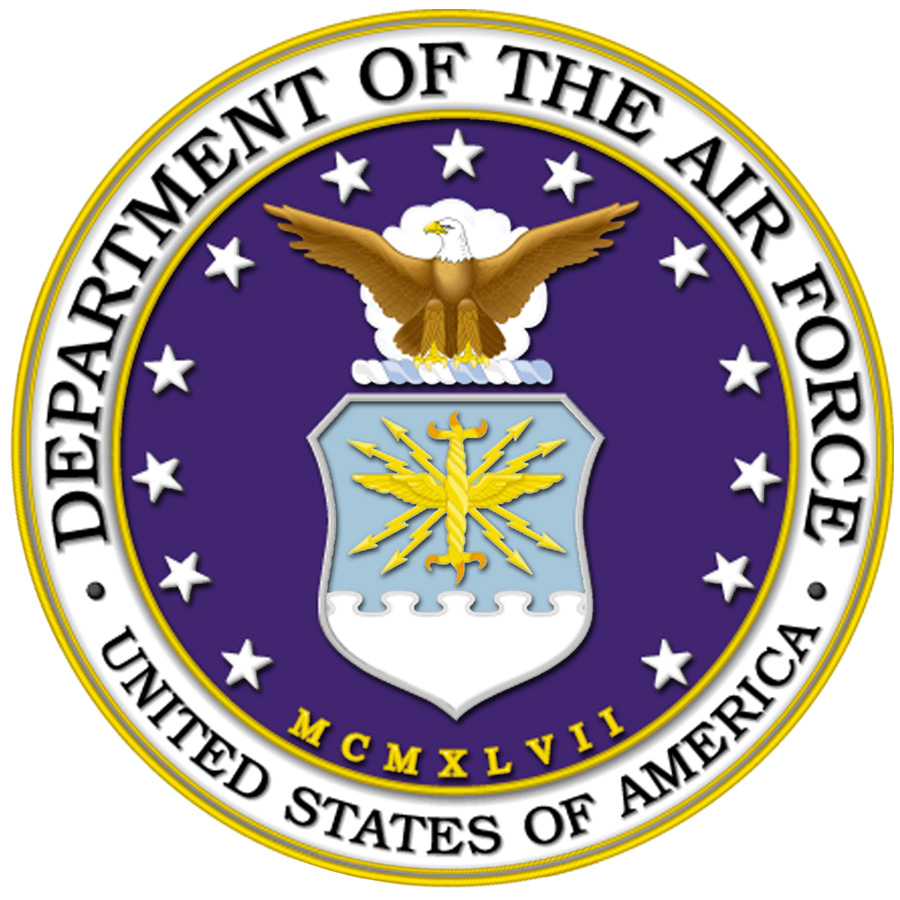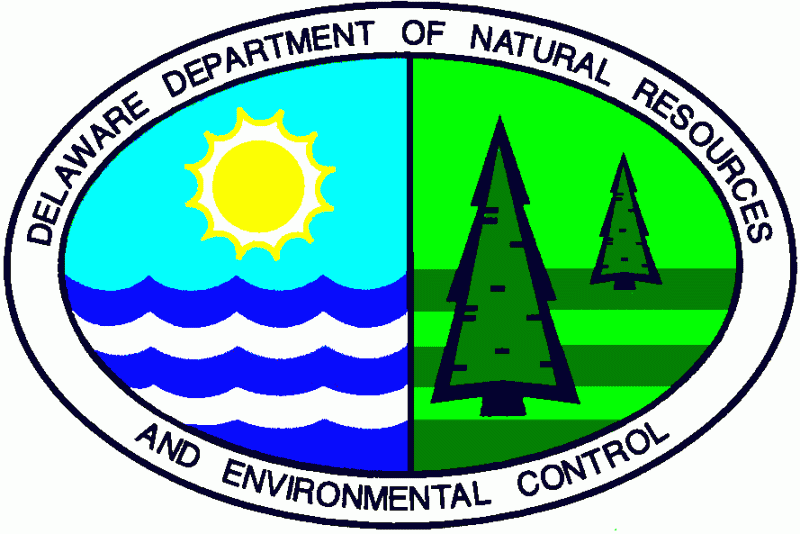The Bullet:
The Dover Air Force Base was issued a Notice of Violation (NOV) for multiple violations of the RCRA regulations by the Delaware DNREC.
Notice of Violation Number: 2014-11918
Who:
Violator: Dover Air Force Base
Agency issuing NOV: Delaware Department of Natural Resources and Environmental Control (DNREC)
DNREC Contact: Ferree, Melissa A / (302) 739-9403
What:
The Notice of Violation included the following:
- Improper, incorrect, or no preparation of the Uniform Hazardous Waste Manifest when hazardous waste is offered for off-site treatment, storage or disposal.
- Design standards for waste piles were not met.
- Hazardous waste offered for transportation to transporters that have not received an EPA identification number or a Delaware hazardous waste transporter permit.
- Hazardous waste offered for transportation to treatment, storage, or disposal facilities that have not received an EPA identification number.
- Actions of a treatment, storage, or disposal facility by a generator for which DNREC requires a permit.
- Failure to complete and document a hazardous waste determination.
Where:
Location Address: 600 Chevron Avenue Dover AFB, DE 199025600
When:
Date Discovered: December 4, 2013
Enforcement Action Served: July 11, 2014
Why:
Violations of RCRA Regulations can jeopardize the environment and the health and safety of employees and the general public who live in that environment. It is the responsibility of all hazardous waste generators to know and comply with the regulations – both State and Federal – to which they are subject.
How:
The DNREC has the authority granted it by the Resource Conservation and Recovery Act (RCRA) to operate the hazardous waste program within the state of Delaware. The Dover Air Force Base is subject to RCRA regulations – both State and Federal.
Conclusion:
 You may be surprised that property owned and operated by a branch of the US Armed Forces could be cited for violations of State environmental regulations, but they can. An Air Force base no less than your company must comply with the RCRA regulations that apply to a hazardous waste from cradle-to-grave (ie. from its point of generation, through its transportation in commerce, to its final disposal). A good first step to compliance is Facility Personnel Training required by 40 CFR 265.16. Contact me to discuss how the RCRA regulations apply to you and what training you must provide.
You may be surprised that property owned and operated by a branch of the US Armed Forces could be cited for violations of State environmental regulations, but they can. An Air Force base no less than your company must comply with the RCRA regulations that apply to a hazardous waste from cradle-to-grave (ie. from its point of generation, through its transportation in commerce, to its final disposal). A good first step to compliance is Facility Personnel Training required by 40 CFR 265.16. Contact me to discuss how the RCRA regulations apply to you and what training you must provide.
Contact me with any questions you may have about the transportation of hazardous materials Daniels Training Services 815.821.1550 |






